It’s too bad Americans aren’t more familiar with persimmons, since its botanical name means “food of the gods.” Highly adaptable to various climate conditions, those found in larger grocery stores are most likely Japanese persimmons. Persimmon is Japan’s national fruit, although it’s said to be native to China (American persimmons are mostly ornamental).
Persimmon seeds first came to the United States when commodore Matthew Perry sent them from Japan in 1856. Today, persimmons are grown in a plethora of varieties in China, Burma, Northern India and Australia. In the U.S., it grows in Southern and Southwestern states, predominantly California.
Persimmons are red-brown or orange fruits that grow on trees like plums and look like a small, rather flat tomato capped by a calyx. The two varieties are astringent and nonastringent, the latter being pleasingly sweet. To avoid bitterness, the paler varieties should be eaten only when very ripe, usually peeled.
Health Benefits of Persimmons
Once again, vitamin A shows itself to be a powerhouse in nutrition, offering 55 percent of the daily value in every 168-gram serving of persimmon. Vitamin C runs a close second with 21 percent, plus excellent amounts of manganese, a cofactor for the enzyme superoxide dismutase, which can help maintain healthy mucous membranes and skin, as well as lower the risk of lung and mouth cancers.
Persimmons are an excellent source of fiber, which helps keep the body’s digestive system well-regulated. B-complex vitamins are present to stabilize the metabolic system, along with copper and phosphorus.
Low in calories, persimmons contain all kinds of phytonutrients, flavonoids and antioxidants, such as catechins, which are known to have antibiotic and anti-inflammatory properties, as well as for protecting small blood vessels from bleeding. They also contain gallocatechins and betulinic acid, which works by inhibiting tumor growth. Other powerful antioxidants found in persimmons include beta-carotene, lycopene, lutein and cryptoxanthin. The zeaxanthin content absorbs into the eyes and helps filter light.
However, consume persimmon in moderation because it contains fructose, which may be harmful to your health in excessive amounts. For more information on the nutrients from persimmons, check out the table below.
Persimmons Nutrition FactsServing Size: 3.5 ounces (100 grams), Japanese, raw |
||
| Amt. Per Serving |
% Daily Value* |
|
| Calories | 70 | |
| Total Fat | 0.19 g | |
| Saturated Fat | 0 g | |
| Trans Fat | ||
| Cholesterol | 0 mg | |
| Sodium | 1 mg | |
| Total Carbohydrates | 18.59 g | |
| Dietary Fiber | 3.6g | |
| Sugar | 12.53 g | |
| Protein | 0.58 g | |
| Vitamin A81 µg | Vitamin C | 7.5 mg |
| Calcium8 g | Iron | 0.15 mg |
Studies Done on Persimmon
Persimmons are one of the few foods associated with killing breast cancer cells without harming normal breast cells, according to a 2012 study. Scientists attributed this to the flavonoid fisetin, present in several fruits and vegetables, but in persimmons specifically. Fisetin also has been named as a significant contributor in the programmed eradication of colon and prostate cancer cells.
Persimmon Fun Facts
Regarding persimmons, in 1607, captain John Smith wrote from Jamestown: “The fruit is like a medlar; it is first green, then yellow and red when it is ripe: if it is not ripe, it will drive a man’s mouth awrie with much torment, but when it is ripe, it is as delicious as the apricot.”
Summary
Often misunderstood in the U.S., the persimmon is a fruit of many varieties. Known as either astringent or nonastringent, it’s important, before eating, to know which variety you have before taking a bite. At worst, you’ll have an extremely bitter moment, not the least of which you’ll know you should have waited; at best, you may fall in love with the delectably delicious fruit.
Hachiya persimmons are creamy and great for baking, while the Fuyu variety is good peeled and enjoyed raw. No matter how you eat them, they’re another fruit with amazingly effective antioxidant capabilities, with powerful vitamins thrown in for extra health.

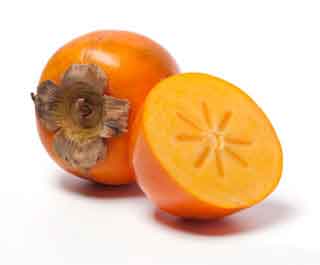
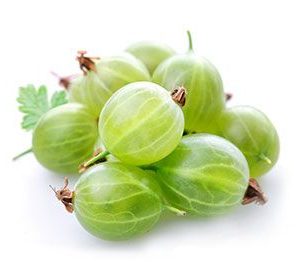
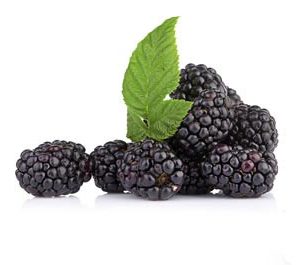
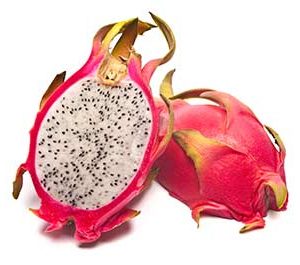
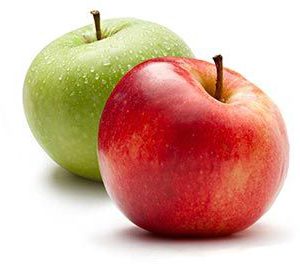
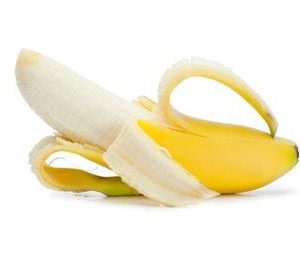
Reviews
There are no reviews yet.